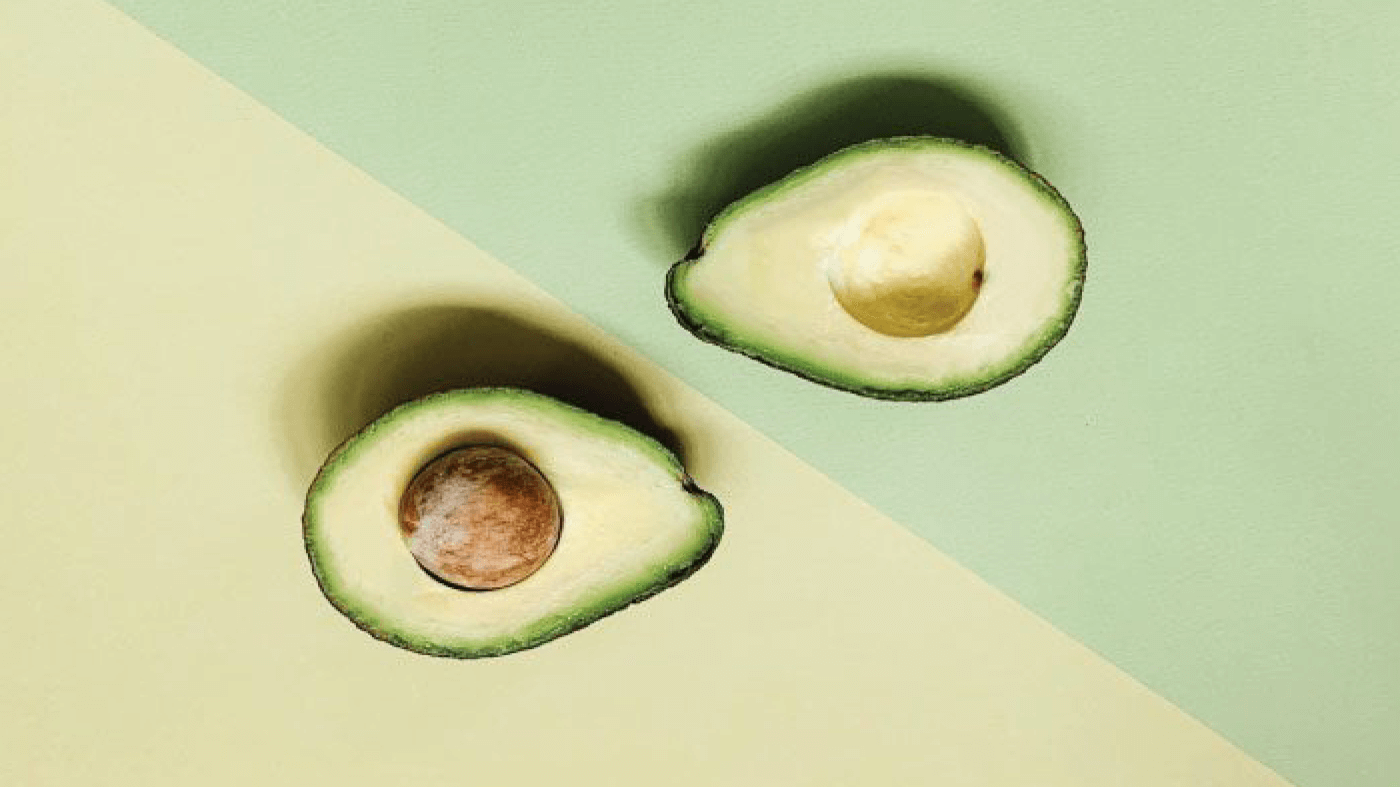Today we're making a trip back to the grocery store to give you the lowdown on avoiding pesticides in your fruit and vegetables!
We know what you're thinking. I'm trying to stay healthy by eating a bunch of fruits and vegetables and now you're telling me that's harmful?! Kinda.
More than 30% of people in the US said they consumed no fruit on a daily basis so we're all about pumping those rookie numbers up, but we want to make sure you do it safely.
We're definitely not suggesting you limit the amount of fruit and veggies you eat, but there are ways to limit the number of pesticides you expose yourself to while eating them.
INSIDE PESTICIDES
There are no two ways about it - you're going to encounter pesticides in the fruit and veg you buy.
Pesticides are the chemical agents used by farmers to protect their crops from insects, weeds, and anything that may harm the growth of what they make their livelihoods from.
The Environmental Protection Agency (EPA) works to measure and regulate the number of pesticides found in the food in our homes and has set out a "maximum residue limit," to ensure no excess harmful chemicals are being brought into our kitchens directly from the grocery store.
While these safeguards are put in place to protect most people from ingesting a high amount of pesticides, they can still be harmful to many, including children and pregnant and nursing mothers.
THE DIRTY DOZEN
While pesticides are present in more than 70% of non-organic produce, the "Dirty Dozen" is a list of the 12 fruits and vegetables that have the highest pesticide levels tested by the United States Department of Agriculture (USDA).
The Environmental Working Group (EWG) puts together a list each year of these fruits and vegetables - check out the latest below!
- Strawberries
- Spinach
- Kale, collared & mustard greens
- Nectarines
- Apples
- Grapes
- Cherries
- Peaches
- Pears
- Bell & hot peppers
- Celery
- Tomatoes
Or course, this doesn't mean that these fruits and vegetables aren't safe to eat in your home, but you may want to consider some options to get rid of the pesticides on them before you do!
We've got some easy tips and tricks you can use to keep the pesticides at bay and your mind at ease.
(WASH) AN APPLE A DAY
The easiest way to limit pesticides on your fruit and veg is to simply wash them under running water.
There are many guides online that will have you make a solution with white vinegar, or even resort to dish soap and warm water, but studies have shown that running water by itself is as effective.
Water likely won't remove pesticides entirely, however. Pesticides can stick around on certain fruits and vegetables, but washing them will get rid of most that are stuck to the skin of the item.
Unfortunately, some chemicals can enter them through in the growing stage, making it impossible to wash them off, but given that there are already an average of 29 pesticides in the human body, this should not be too much cause for concern.
There are other benefits to washing fruit and vegetables too. Not only will you help limit exposure to harmful chemicals, but it can also help prevent infection from food-borne illnesses.
It'll also stop you from ingesting any physical elements that were either present in the growing stage, or were picked up along the way. Things like dirt, insects, and other small items difficult to see with the naked eye.
YOU CAN'T BEET ORGANIC
See what we did there? But seriously, you can't! Especially when you're hoping to reduce the number of pesticides in your fruit and veg.
While there are pesticides used in organic produce, there is one clear distinction: these pesticides are derived from natural substances, rather than synthetic ones.
Organic produce will also generally be fresher than conventional. This is because it doesn't contain the same amount of preservatives as conventional produce does. While it won't last as long, you can be sure you'll be eating it at the best time.
Organic farming can, in many cases, be better for the environment too (which is huge for us at So Good So You). Eliminating the usage of synthetic pesticides improves the health of wildlife in the area, which also results in healthier soil and less pollution.
Of course, organic produce can come with a downside. Generally, it's more expensive and not everybody has access to it. With that being said, there are some ways you can shop organic while on a budget.
- Prioritize organic for the produce you like/use the most - if you can get by with conventional rice, ice cream, bread, and other grocery items, you'll save money at the checkout for your favorite organic produce
- Buy store-branded organics (places like ALDI and Target have their own organic brands that in some cases are cheaper than conventional name brands)
- Shop the sales - often enough you'll find organic produce on sale or cheaper if you bundle. Take advantage!
THE CLEAN FIFTEEN
Buying organic is a big step toward reducing pesticides and also helping the environment, but it's not always feasible for many people, which is why the EWG put together the "Clean Fifteen!"
This is a list of fruits and vegetables that have the least amount of pesticides. These are an excellent option if you're looking to limit the number of pesticides you and your family are exposed to through produce, but can't make the switch to fully organic.
- Avocados
- Sweet corn
- Pineapple
- Onions
- Papaya
- Sweet peas (frozen)
- Eggplant
- Asparagus
- Broccoli
- Cabbage
- Kiwi
- Cauliflower
- Mushrooms
- Honeydew melon
- Cantaloupes
We hope these tips and tricks help you out the next time you're shopping at the grocery store!
One thing to remember is that pesticides have been used for a long time in our produce and beyond. There will be times when pesticides are unavoidable, and that's ok!
Just know that there are ways to limit your exposure to these synthetic pesticides as well as ways to avoid them entirely.









